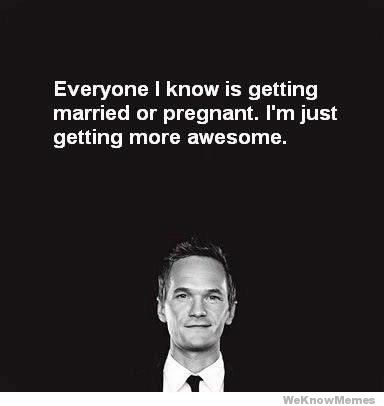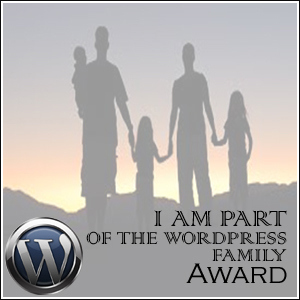OK, so maybe the title’s a cheap gimmick. But I got you to look, didn’t I? This one’s about the pressure to be in a relationship and how it affects our self-esteem and happiness.
As a teenager and woman in her early 20s I felt like I had a lot to prove. Specifically, a lot to prove sexually. Upon meeting new people, I felt like a failure because I wasn’t in a relationship. My short and, most often, disastrous mini dating spurts made me question if there was something wrong with me. Why couldn’t I get a girl? (I was more gay back then. And no, homophobes, if you have mysteriously managed to stumble upon this post, it wasn’t ‘a phase.’)
I found that every time I found someone I did like I ‘fucked it up’ by being overly keen. I was desperate to be with them no matter how much I actually liked this person or how awesome they were or were not. I had such low self-confidence, and I wanted to prove that I was loveable (to myself and, I imagined, to the people around me), so would take any offer I could get. This trend started with a disgusting first kiss and continued throughout my twenties with a series of failed mini-relationships with, for the most part, people I wasn’t really that into in the first place.
Nowadays, I find that my self-esteem has improved a lot but I still often feel unloved. I question whether my friends really like me and I find it hard to accept the love that is freely given to me. I also don’t think I’m the only one who feels like this. I have seen many of my loved ones stick with violent relationships, or relationships with people they are just not that into.
We feel a more valued member of society when we are in a relationship, no matter our relative level of happiness or how dys/functional the relationship is. We feel more presentable to the world, more socially acceptable. I wonder what it is about our society that makes people desperate to be in a relationship, any relationship, at whatever cost?Maybe it’s because the forces that be would prefer us to be preoccupied with the heteronormative structure of exclusive pairing, children and paying the mortgage, than single and dangerously free to think outside and, perhaps, smash the system. 
Despite all its lip service to individual freedom, society wants us to be in a relationship, no matter how bad that relationship is and no matter how unhappy we are. I am more approved of when I’m in a relationship. I’m seen as more successful and I am taken more seriously. Perhaps this is one reason why groups of friends often get married orpregnant around the same time. It’s a culmination of the pressure to do what is socially acceptable plus female competition – to prove you are just as, or more, successful than your friends.
I am certain that this social pressure falls more heavily on women. We are judged so much more harshly than men. It is far more important to keep us in our subservient place by making us neurotic about the importance of being in a relationship and if, when and how we have children.
When I started dating my partner, I was both touched and slightly irritated by just how happy everyone was about it. Everyone wanted to tell me just how happy there were; even my best friend’s mother declared “I’m so happy she’s found someone.” I appreciate the well-meaning behind such declarations, but I also want to shout, “I was quite happy being single, you know!” I did my best to rail against the feeling that the most important thing in my life was getting a man, and the Disney narrative of being saved by your lover.
Being in a relationship is great, in so many ways, but it also hasn’t saved me. My problems haven’t gone away, I just have more consistent support to deal with them. I’m happier, but I’ve also had to compromise in some areas, for example with the use of my time. A bit like having a baby, relationships aren’t to be entered into lightly. They’re a huge waste of your time if they’re not right.
My partner is great, but there is a lot more to both of us than our relationship.
I guess the point I’m trying to make here is that I’m sick of being valued in comparison to others. I’m sick of female competition to get the guy, marry the guy, be impregnated by the guy. And this competition definitely carries over to affect queer folks, as the sex-obsessed queer ‘community’ proves.
I would love to know whether you have felt this pressure to date, or to stay in a relationship because, gasp, what if you are truly unloveable and can’t get someone else? Have you felt this pressure as a guy, and why do think it’s so hard to think outside the relationship box?
I am more than my relationship. I am more than a single, dating or married person. And I know you are too.


